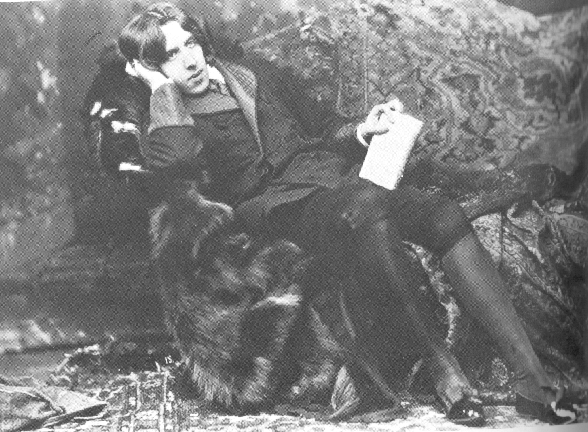"Romantic" Pairings
|
Jack/Ernest Worthington / Gwendolyn
|
Algernon / Cecily
|
Miss Prism / Mr. Chasuble
|
Lady Bracknell / Lord Bracknell
|
Character of Union
|
Deceit: G assumes Jack's name is Ernest
|
Deceit: Cecily assumes A is really Ernest
|
Deceit: Pretend to have no romance in mind
|
Deceit: Pretend to be married
|
Hidden / Missing Relationships
|
City alibi: Jack Worthington takes care of Ernest Worthington
the dandy
Country identity: Jack Worthington / Cecily
|
City alibi: Algernon / Mr. Bunbury
Country identity; Ernest Worthington / Cecily (letters)
|
Miss Prism worked as nursemaid for the Moncrieff family
|
Her sister and brother-in-law
|
Family
|
Birth parents missing
Raised by Mr. Thomas Cardew
III:
|
Views marriage as "business;" "Divorces are made in Heaven"
(1763)
Head of the Moncrieff family
|
Exchanged Ernest John for a 3-volume novel
|
Keep up appearances
|
Work
|
Inheritance
|
Watches other people work (Lane, Ernest); debts
|
Writing silly novels
|
Assessing other people's wealth and happiness
|
Leisure / Play
|
City
|
A: Drinks champagne, eats excessively
C: Writes excessively in her diary, stages imaginary correspondences
with Ernest
|
City
|
Dame of the salons and dinner parties (1768)
|


